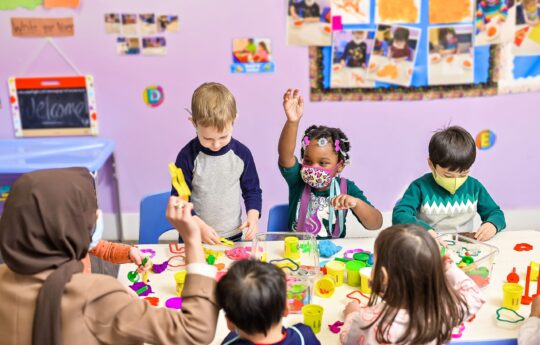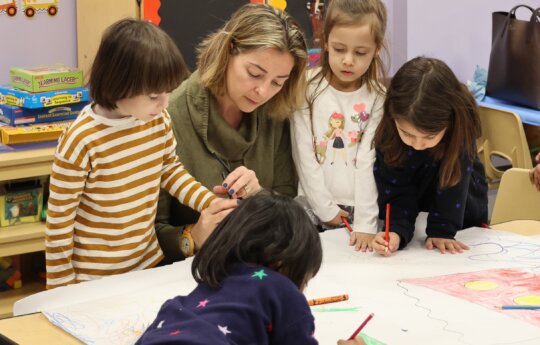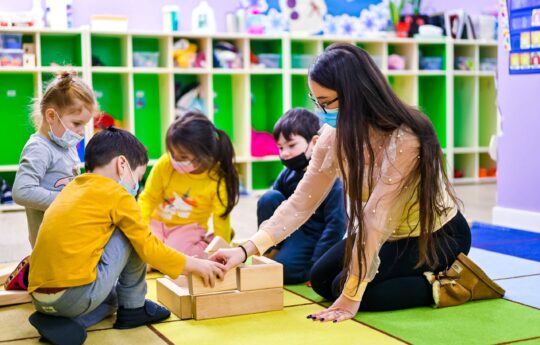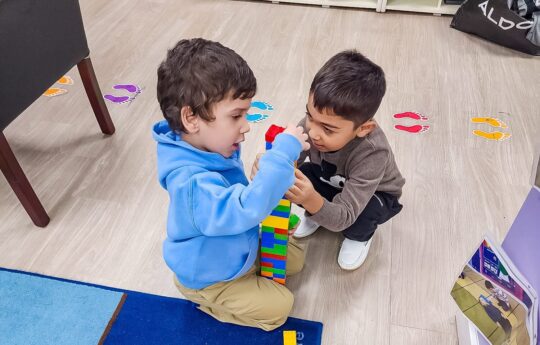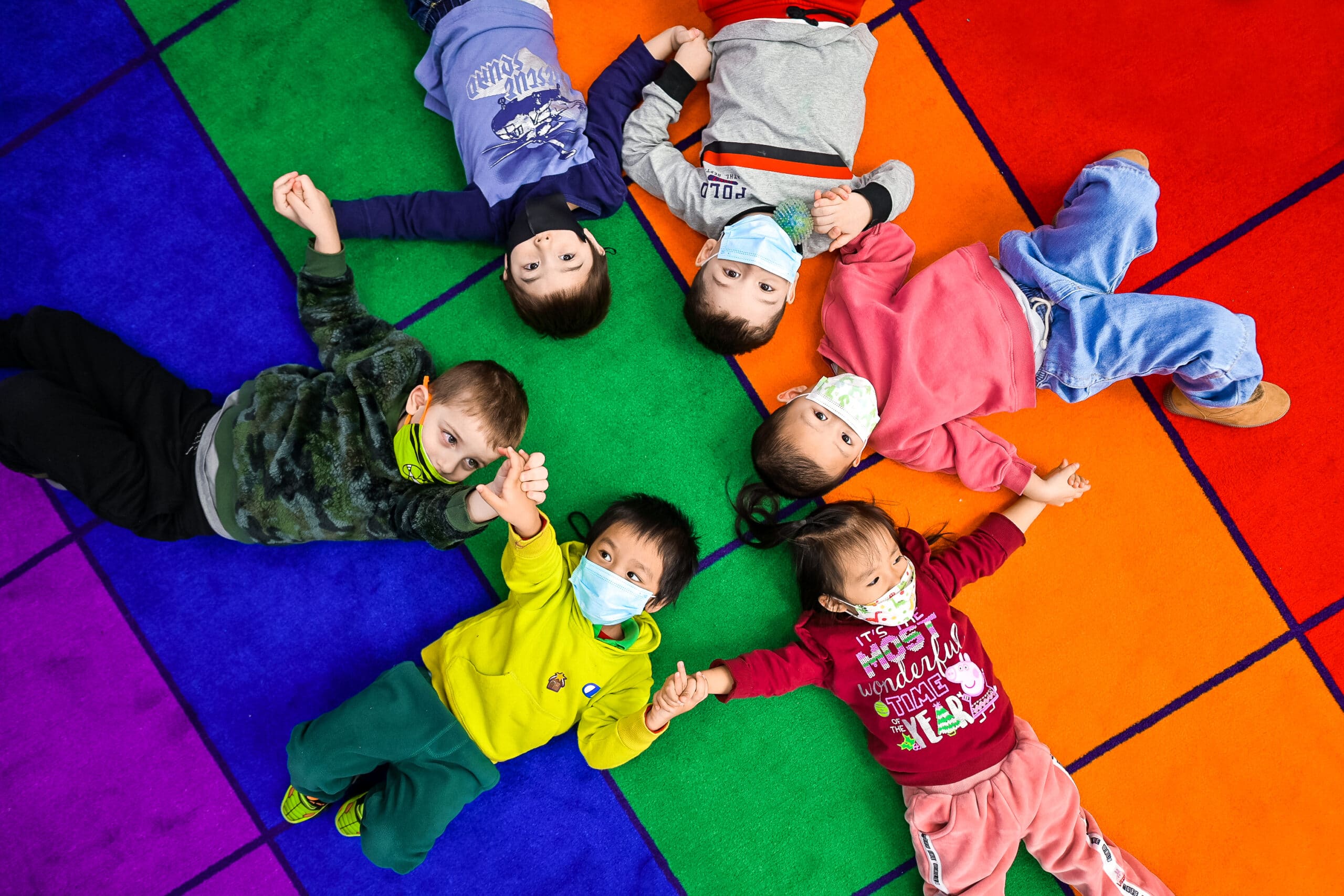
Parents hope that by the time their child enters pre-school, they will be able to read and write. But there are many other crucial skills that must be mastered before concentrating on gaining academic knowledge. According to research, a child’s social skills including cooperation, self-control, confidence, independence, curiosity, empathy, and communication are very important to educate children at this age.
How to develop social skills in children? The kid can adapt to changes according to prior social interaction they may have had at home or in daycare’s younger groups. Keep reading to know exactly what you can do to assist your child in this process.
First Basic Social Learning Skills
One of the first skills that educators concentrate on a building is self-confidence and self-esteem. The youngster has to develop a good self-perception of himself as a person and as a participant in social relationships. This ability will remain crucial throughout the child’s life and will support his confidence in his abilities both now and when pursuing additional schooling.
Cooperation is fostered through games, stories, and songs. At this age, collaborating with other kids is not always easy.
A child should at this age have a thirst for knowledge, which is possibly one of the most crucial qualities. To encourage your child’s innate curiosity, teachers and parents can utilize a wide variety of engaging materials and concepts. Recent research demonstrates that unfamiliar or novel activities and materials actively engage the brain, requiring it to focus on the information being presented.
One of the most important skills your child can develop is communication, which involves expressing your ideas, sentiments, and knowledge of the outside world. All abilities in reading, writing, math, and science are based on it. A child is more receptive to learning and growing as a thinker if he or she can voice their opinions with confidence.
What You Can Do
The youngster can learn communication skills by following their parents’ lead and by participating in role-playing games. Talk to your child as often as you can to help him learn how to communicate effectively. In different instances, get their viewpoint, and always show that you are interested in what they have to say. Bring them back to the topic of conversation if their speech is too long.
Although it may seem paradoxical, children must fail before they can succeed. They need to understand that they must try something again in order to succeed. Developing a child’s social skills requires confidence, which is the key.
Additionally, the child must be adequately praised. Don’t merely remark, “Good job” but rather, be as particular as you can: “I’m proud of how hard you worked to overcome this challenging task”.
Parents’ responsibility is also to provide helpful criticism. Do not always take the side of the child and do not be overly critical because doing so causes parents to become warped mirrors. Parents should act as a mirror for the child’s world and explain to him why and how he should act in specific circumstances. The foundation of a child’s socializing at older preschool age is where he knows what is right and what to do about it, as well as where he is wrong and what results from this.
The Importance of Play
Young children view play as a research field. Through play, they develop, learn, and discover the world. This occurs as a result of the intricate game mechanics that inspire them to reason, solve issues, and use fantasy and imagination. Youngster who engages in play must use all of their fundamental life and job abilities to plan, concentrate, and aim for a goal. In daycare, the kid should have the chance to take part in a range of play activities throughout the day. Using cube creation, meaningful theatrical games, and written or musical works, you can introduce letters and numbers to a child. So if your kid tells you they’ve been playing all day when they get home from a childcare center, don’t worry!

